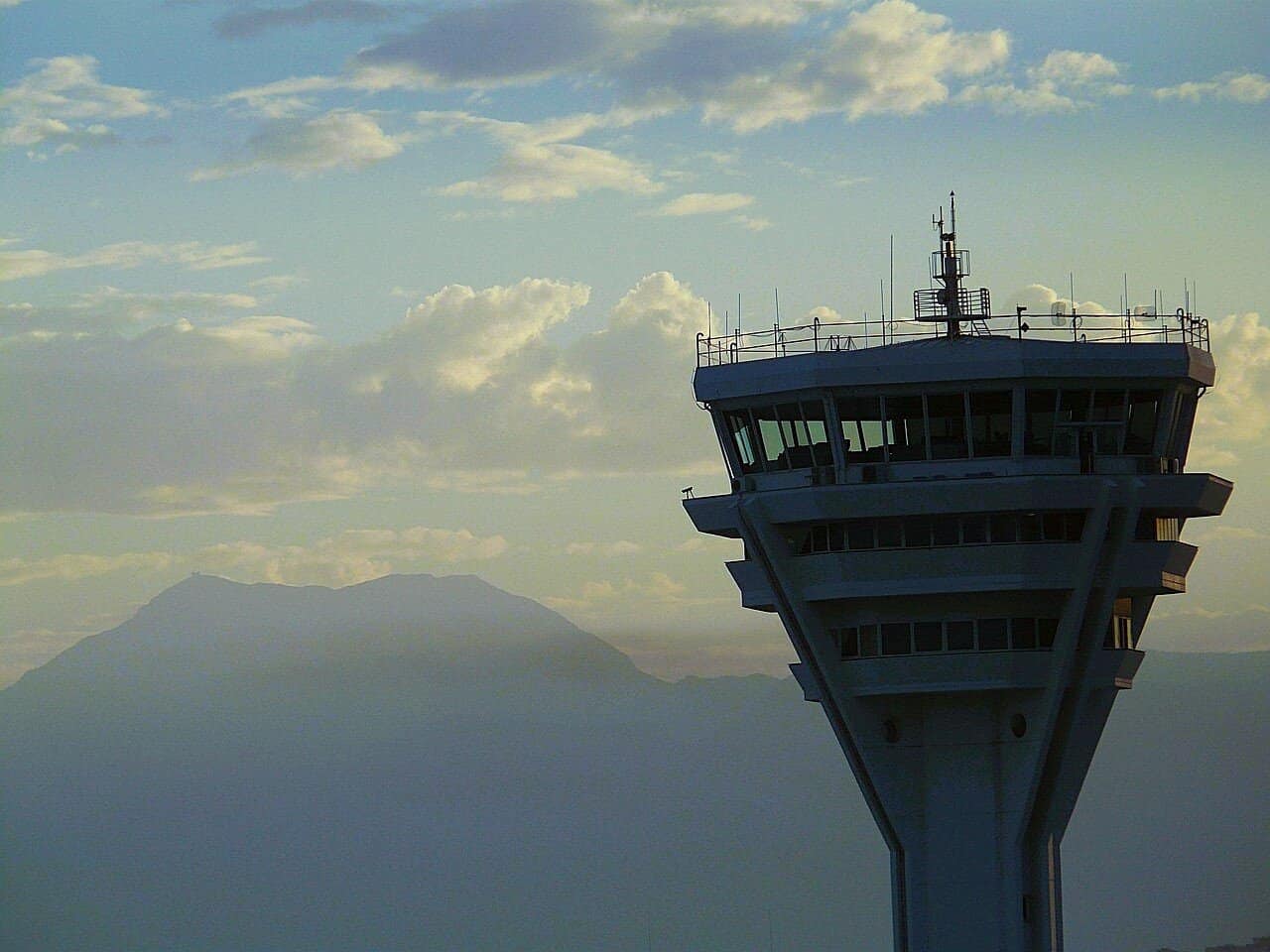Costa Rican transport officials moved quickly to address a leaked report from the International Civil Aviation Organization (ICAO) that assigned our country a failing score in air safety oversight. The document, which surfaced online last week, indicated a score of 61.58 out of 100, falling short of the 75-point threshold set by ICAO standards. Minister of Public Works and Transport (MOPT) Efraím Zeledón stated that the information appeared on the ICAO website due to an error and has since been removed. He emphasized that the audit remains ongoing, with final results expected only after all procedures conclude.
The ICAO evaluation assesses a nation’s ability to oversee key aspects of aviation safety, including legal frameworks, organizational structures, personnel licensing, flight operations, air navigation services, and airport supervision. In the leaked data, Costa Rica performed well in only two categories: airworthiness at 87.88 points and aerodrome oversight at 75.2 points. Other areas showed significant shortcomings, with personnel licensing at 39.24 points and operations at 37.93 points. The overall score marks a sharp decline from 2017, when the country achieved ratings between 77.78 and 96.97 in similar assessments.
Zeledón assured the public that the preliminary figures do not impact airline ticket prices, insurance policies, or international flight operations. “The ICAO does not impose a minimum score or restrict activities based on these interim findings,” he said in a statement. He added that the organization mistakenly posted the data, leading to its prompt withdrawal. Aviation Civil Director General Marcos Castillo supported this view, noting that ICAO had shared inaccurate information and that Costa Rica continues to maintain operational safety levels.
The leak has sparked concern among airlines and travelers, highlighting potential risks to the nation’s aviation reputation. Regional comparisons show Costa Rica lagging behind neighbors: the Dominican Republic scored 90.5 percent, Guatemala 87.5 percent, Honduras 88.7 percent, and El Salvador 81.69 percent. Even the United States rated at 88.9 percent. Experts point to longstanding issues, such as insufficient staffing for airspace monitoring, outdated airport infrastructure—like the runway in Guanacaste—and delays in essential maintenance.
In response to the report, two high-level resignations occurred within Civil Aviation. Subdirector General Luis Diego Saborío stepped down, citing personal reasons, followed by another official’s departure set for next week. MOPT officials denied any link between these moves and the safety score, insisting they stem from unrelated matters. However, sources within the sector suggest the audit’s findings may have intensified internal pressures, including past airspace closures in 2024 that prompted the ICAO review.
The audit began in October, aiming to verify compliance with global standards. While the government labels the leaked score a false alarm, it acknowledges the need for improvements. Recommended steps include expanding and training oversight personnel, upgrading airport facilities, revising administrative processes, and enhancing coordination with ICAO. These measures aim to align with international benchmarks and prevent future discrepancies.
Tourism Minister William Rodríguez, whose industry relies heavily on-air travel, has remained silent on the matter, deferring to aviation authorities. The lack of immediate public briefings from top officials has fueled speculation, though MOPT maintains transparency through ongoing updates.
This incident echoes past challenges. In 2019, the U.S. Federal Aviation Administration downgraded Costa Rica to Category 2 for non-compliance with ICAO norms, restricting new U.S. routes until restoration in 2021. Officials stress that the current situation differs, as no formal downgrade has occurred.






